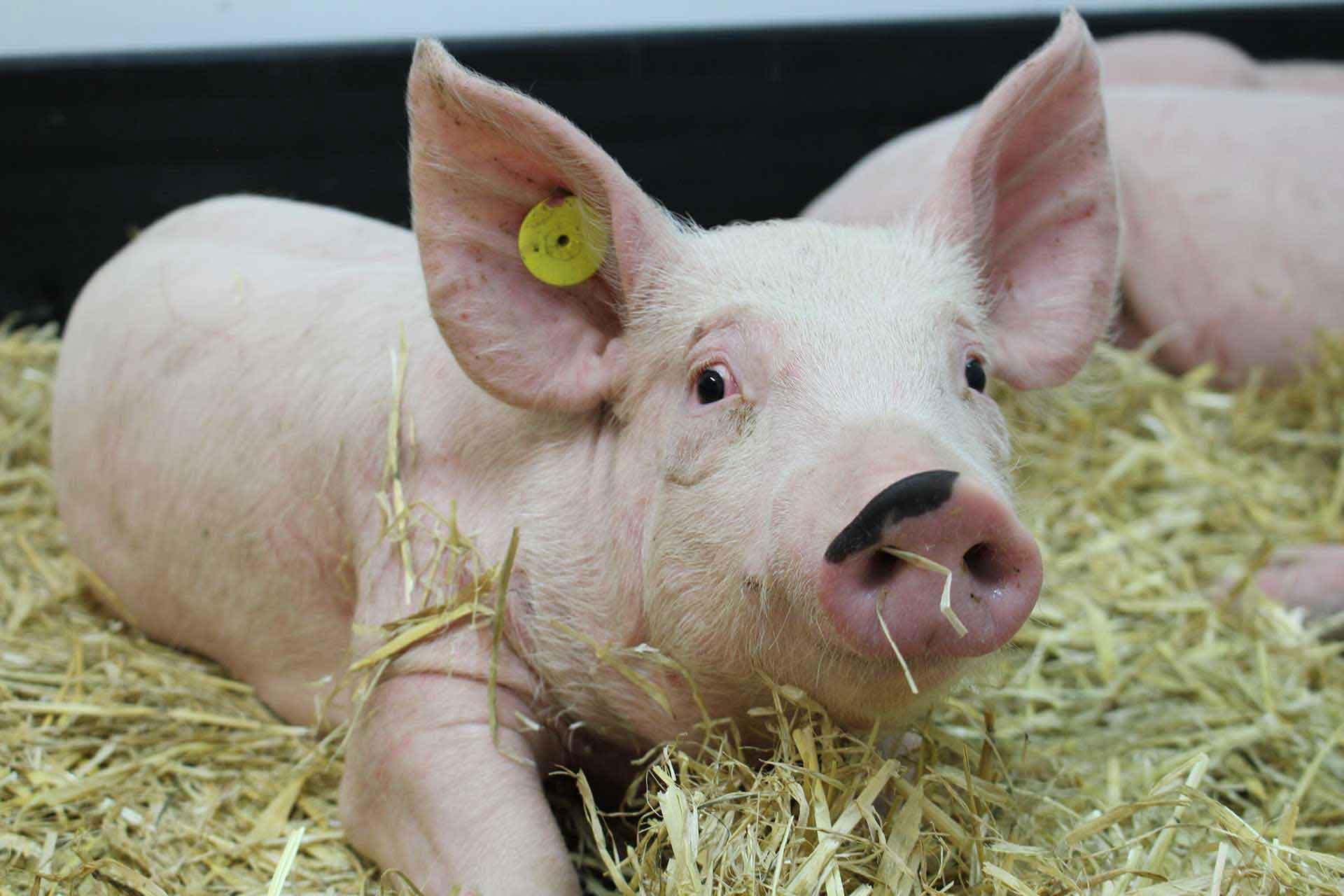Immunization with different formulations of Mycobacterium tuberculosis antigen 85A induces immune responses with different specificity and protective efficacy
To test the relative efficacy of CD4 and CD8T cells in mediating protective immunity to Mycobacterium tuberculosis (Mtb), we compared three immunization regimes designed to induce preferentially each subset. BALB/c mice were immunized intranasally (i.n.) or parenterally with antigen 85A either in a recombinant Adenoviral vector (Ad85A), as recombinant protein (r85A) or as a set of overlapping 15mer peptides (p85A). For the first time we show that in. immunization with overlapping 85A synthetic peptides as well as Ad85A or r85A can provide protection against Mtb challenge. For all forms of the antigen, i.n. induces greater protection against Mtb challenge than parenteral immunization. Ad85A induces a predominantly CD8T cell response against the 85A(70-78) epitope, r85A a CD4 response to 85A(99-118) and p85A a balanced CD4/CD8 response to the CD4 85A(99-118) and CD8 85A(145-152) epitopes. Immune responses to CD4 85A(99-118) and CD8 85A(70-78) but not CD8 85A(145-152) are protective. Although Ad85A induces a strong response to the protective CD8 85A(70-78) epitope, we could not induce any response to this epitope by peptide immunization. These results show that although peptide immunization can induce protective immunity to Mtb challenge, it can also induce a response to a non-protective epitope in antigen 85A, indicating that the specificity of an immune response may be more important for protection against Mtb than its magnitude. These findings have important implications for the application of such vaccines in humans.
Back to publications
